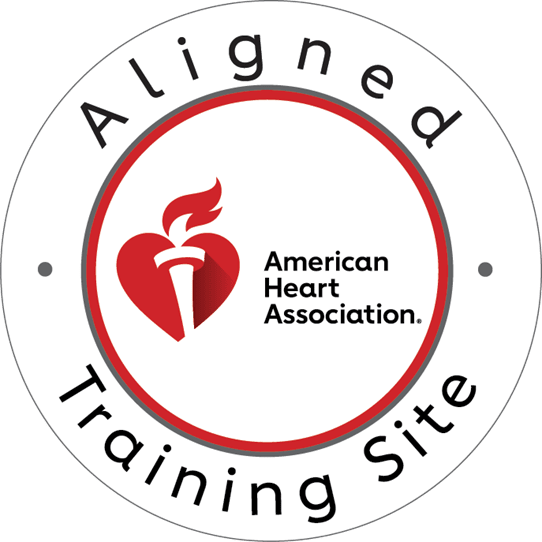Staying current with life-saving skills is a constant priority for healthcare professionals. CPR Cart offers a streamlined approach to BLS, ACLS, and PALS certification with our self-service automated manikin stations. When it comes to CPR training, understanding the distinction between traditional Basic Life Support (BLS) and the innovative Resuscitation Quality Improvement (RQI) program is key. Which approach best suits your needs for maintaining and enhancing these critical skills? Let’s explore the differences.
What is RQI?
RQI is a revolutionary training program developed by the American Heart Association (AHA) that focuses on continuous CPR skills improvement. Unlike traditional BLS courses, RQI utilizes a self-directed learning model combined with hands-on practice at simulation stations. Participants engage with digital modules to enhance their understanding of CPR techniques, followed by immediate hands-on practice, which reinforces the skills learned. This process allows participants to receive real-time feedback, helping to improve their skills before they provide lifesaving care in real-life situations.
What is Traditional BLS?
Traditional BLS courses typically involve a classroom setting where participants learn basic CPR techniques through lectures and demonstrations. The conventional method often culminates in a skills test and certification valid for two years. While effective, this approach may not always provide consistent quality training. Furthermore, the quality of BLS in-person skills training has diminished over time.
Key Differences Between RQI and BLS
- Format of Training: RQI embraces a blended learning approach, integrating online coursework with practical, hands-on skills practice. Traditional BLS, in contrast, relies heavily on instructor-led training sessions with limited interactive components. CPR Cart offers both BLS online and skills sessions to accommodate different learning preferences.
- Feedback Mechanism: RQI participants receive immediate audio and visual feedback as they practice their skills, which promotes mastery learning. Traditional BLS feedback is typically delayed until after the practice session, making it less effective for learning improvements. CPR Cart’s advanced technology ensures a consistent, objective evaluation during skills checks.
- Skill Retention and Maintenance: RQI emphasizes ongoing skill assessment and reinforcement, allowing for continuous improvement in CPR quality. Traditional BLS courses may lead to skill degradation over time before the next course occurs.
- Certification Comprehensiveness: While both courses culminate in a certification valid for two years, RQI’s model of continuous practice underpins its method of maintaining competencies, which can lead to improved healthcare outcomes. CPR Cart makes AHA ACLS and BLS renewal simple and convenient.
- Cost Effectiveness: Institutions looking to train multiple learners may find RQI to be more cost-effective in the long term, due to its reduced need for traditional instructor-led sessions and the more efficient use of training resources.
Why Choose RQI Over Traditional BLS?
The RQI program is particularly advantageous for healthcare providers who are committed to delivering high-quality CPR and fostering a culture of safety in their organizations. By providing an innovative, interactive learning experience, RQI ensures that providers are not only trained but also prepared to respond effectively in critical situations. CPR Cart provides 24/7 access to automated CPR carts, adding ultimate flexibility to training. Hands-on training takes less than 30 minutes.
In summary, the differences between RQI and traditional BLS training significantly affect how healthcare professionals acquire, retain, and utilize CPR techniques. Choosing RQI can enhance skill mastery, improve patient outcomes, and ensure that providers remain competent in what can be a lifesaving practice. As the landscape of healthcare education evolves, adapting to newer, more effective training methods like RQI is essential for all healthcare professionals.

